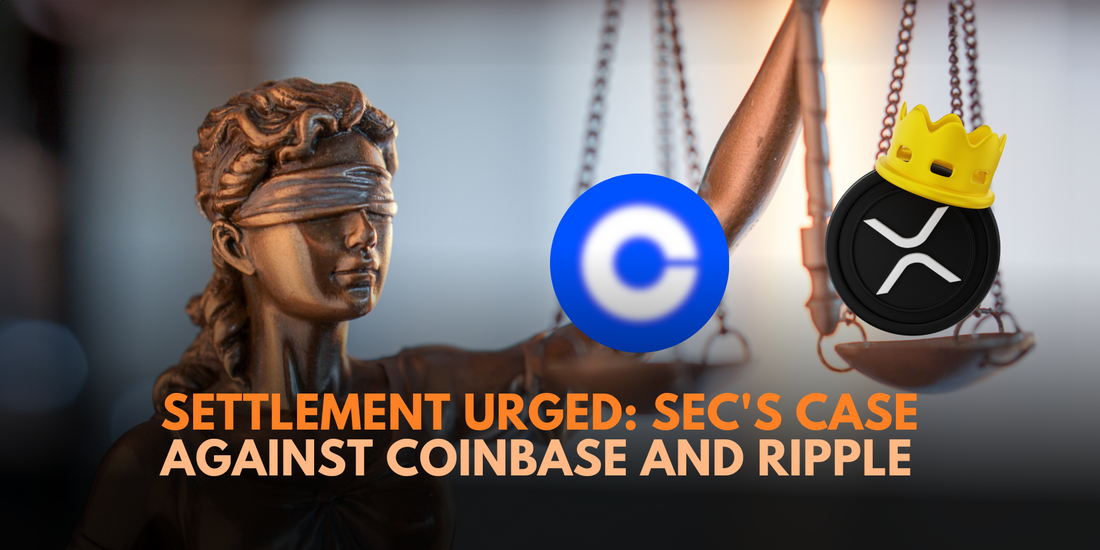
SEC Urged to Settle with Coinbase and Ripple
In the wake of Judge Analisa Torres' decision in SEC v. Ripple, there are calls for the United States Securities and Exchange Commission (SEC) to settle its remaining cases against Ripple Labs and Coinbase. The SEC's approach to crypto regulation has relied on a flexible definition of securities, causing concerns within the industry and hindering legitimate crypto projects from registering.
Torres ruled that sales of the XRP token to retail investors were not necessarily connected to the entrepreneurial efforts of Ripple as a firm, failing one element of the legal test established in SEC v. Howey. This crypto-specific twist on the Howey test highlights the challenge of linking token purchases to the efforts of blockchain founders, as tokens do not represent equity in the issuer like traditional firm stocks.
Coinbase, recognizing the implications of Torres' decision, swiftly relisted the XRP token, signaling its resistance against the SEC's targeting of secondary markets for crypto securities. This move further complicates the SEC's case against Coinbase and highlights the difficulty of regulating secondary trading on crypto platforms.
Additionally, the Supreme Court's inclination to limit administrative agencies using the evolving major questions doctrine presents further challenges to the SEC's crypto crackdown. These factors underscore the need for the SEC to reconsider its approach.
Advocates argue that the SEC's best course of action now is to settle and establish a deal with Coinbase. Coinbase had previously shown willingness to work with the SEC by filing a request for rulemaking to create an adapted listing process for crypto assets. The suggestion to settle was also raised by the SEC's investor advisory committee, which recognized the need for adaptation in the listing process for crypto tokens.
There are numerous crypto lawyers available to collaborate with the SEC in developing an adaptive regulatory regime for crypto tokens. These lawyers, many of whom have SEC or big law backgrounds, can assist in adapting SEC rules as done in the past for various hybrid assets and vehicles.
The current disclosure requirements in SEC rules do not align with the nature of crypto projects. For instance, Ethereum, which operates on a decentralized blockchain, does not fit the traditional board and CEO structure associated with SEC registration. Additionally, crypto buyers are interested in aspects such as tokenomics, audits of blockchain security, and smart contracts, which are not addressed in SEC disclosure rules.
It is crucial for the SEC to end the game of chicken with Coinbase and Ripple and embrace a path that aligns with the rule of law. Working with crypto lawyers to develop a workable listing and disclosure regime for crypto assets will better protect buyers and provide clarity to the industry. It is time for the SEC to move away from the "just come in and register" approach and adopt an alternative approach that suits the unique characteristics of crypto assets.
In conclusion, the SEC is urged to settle its cases against Coinbase and Ripple in light of the recent ruling and challenges to its regulatory approach. Collaboration with crypto lawyers to develop a suitable regulatory regime will address concerns and provide a more effective framework for the crypto industry.
